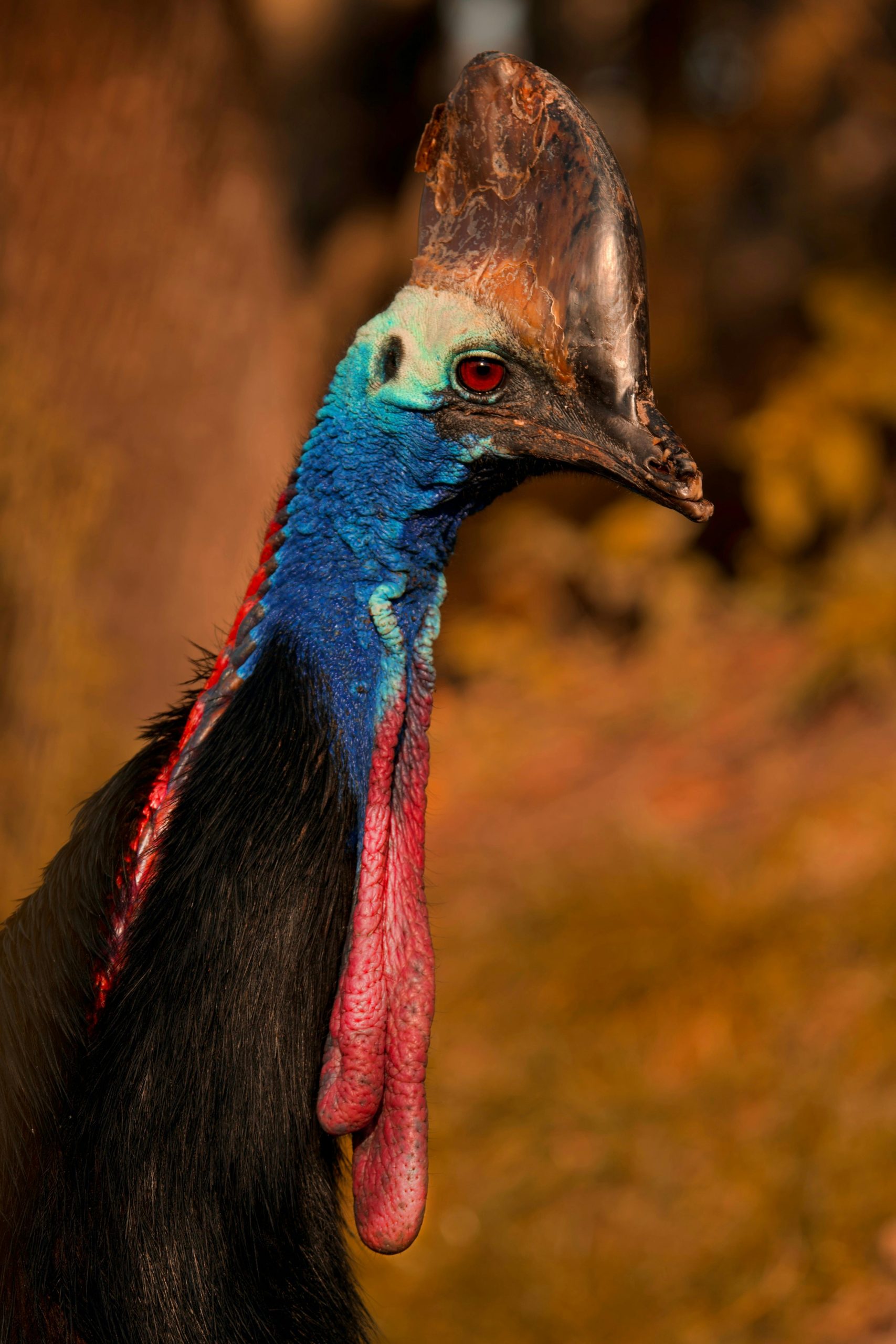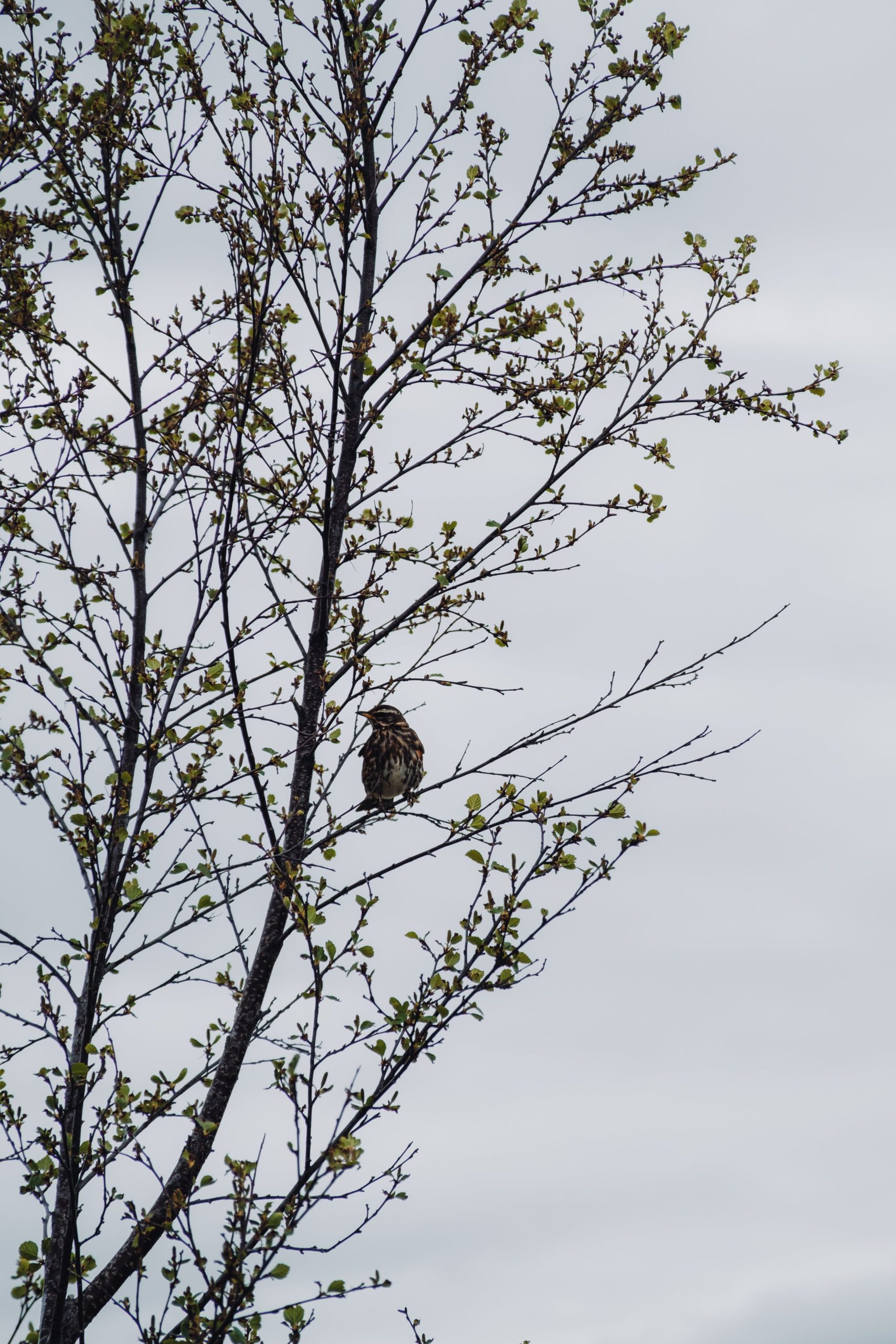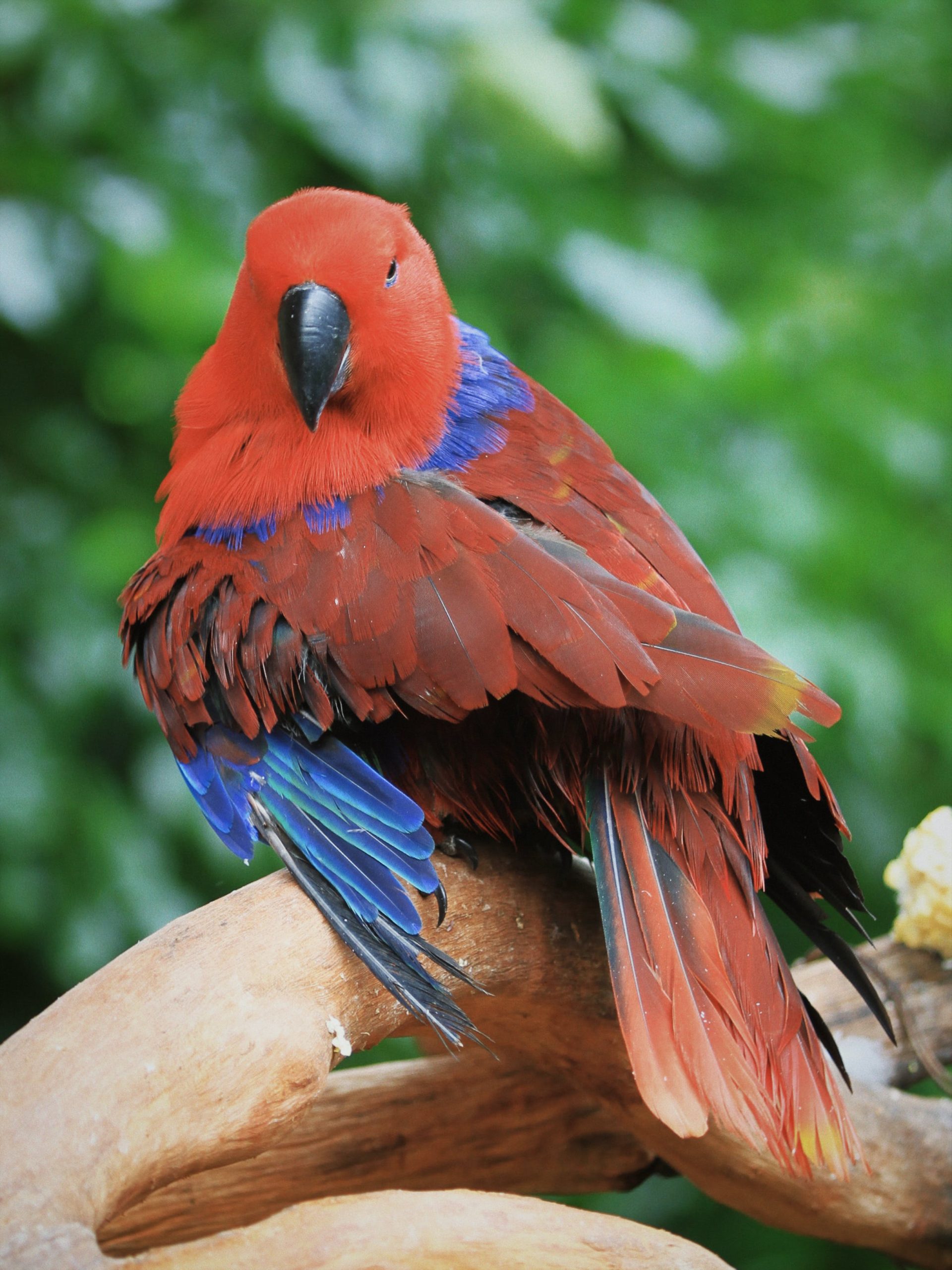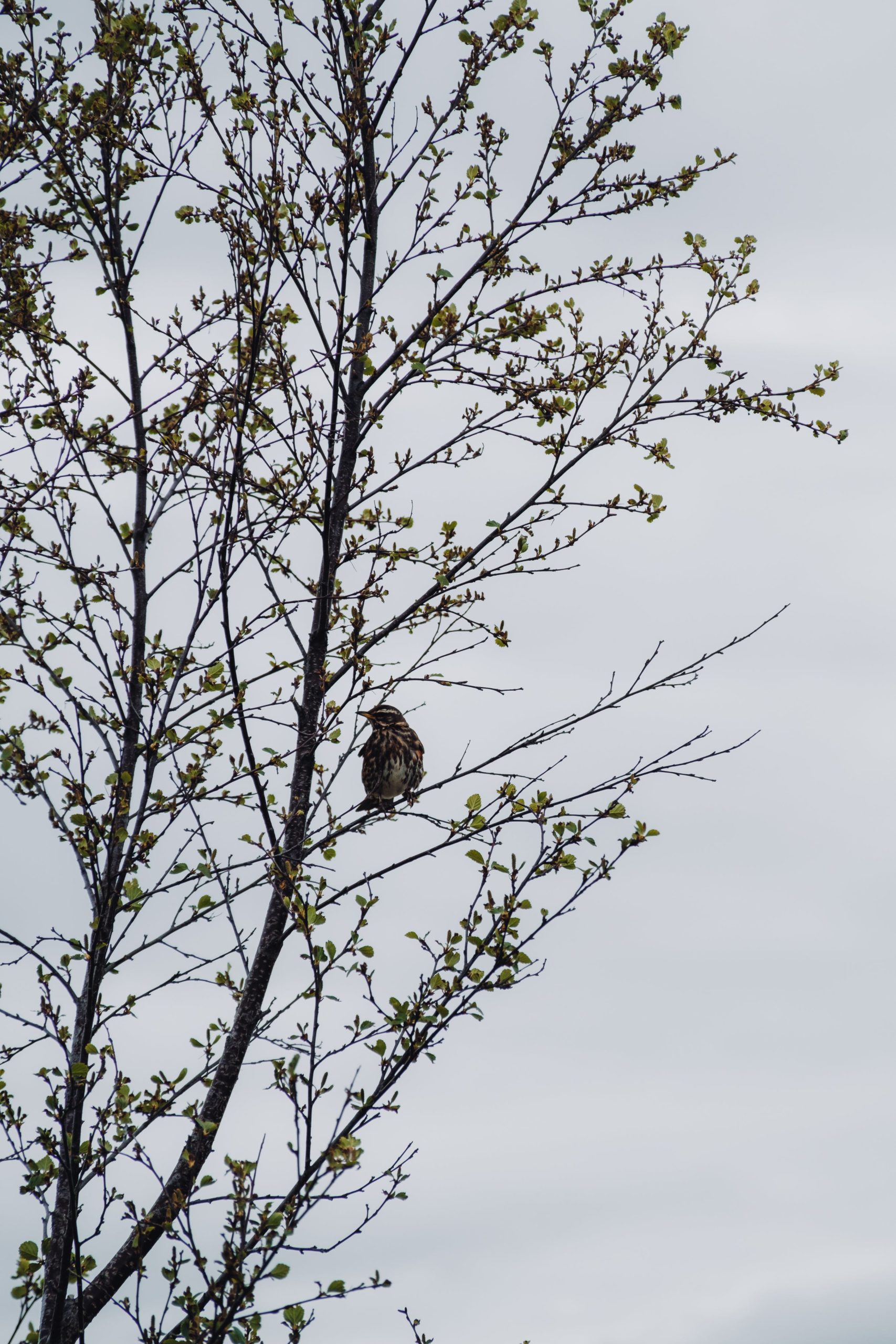Are you an avid bird watcher or do you simply enjoy attracting birds to your backyard? If so, then you know how important it is to have fresh and ready bird seeds on hand. In order to maintain the quality of your bird seed and keep it readily available for your feathered friends, proper storage is key. With the help of reputable brands such as Kaytee, Perky-Pet, Droll Yankees, and many others, you can ensure that your bird seeds remain fresh and enticing. Whether you prefer bird feeders, birdhouses, or simply want to stock up on a variety of bird seed mixes, there are a plethora of options available to suit your needs. So, let’s explore the world of bird seed storage and discover how you can keep your avian visitors happy and nourished.

Understanding The Importance of Seed Freshness
When it comes to bird feeding, the freshness of the seeds plays a crucial role. The freshness of bird seeds not only affects the birds’ well-being but also determines the nutritional value of the seeds they consume. Understanding the importance of seed freshness is essential for every bird enthusiast to ensure they are providing the best diet for their feathered friends.
Effect of Stale Seeds on Birds
Stale or expired seeds can have a negative impact on the health of birds. Just like humans, birds rely on a nutritious diet to thrive and stay healthy. When birds consume stale seeds, they are not receiving the necessary nutrients they need. This can lead to malnutrition, weakened immune systems, and even death in extreme cases. Additionally, stale seeds may have a lower germination rate, meaning that they are less likely to sprout and provide food for birds in the future.
How Freshness Impacts Nutritional Value
Fresh seeds contain a higher concentration of essential nutrients that birds need for optimal health. These nutrients include proteins, carbohydrates, fats, vitamins, and minerals. As seeds age, they gradually lose these nutrients, making them less beneficial for birds. Therefore, incorporating fresh seeds into a bird’s diet ensures that they are getting the maximum nutritional value from their food.
Choosing Quality Bird Seeds
To provide the best diet for your feathered friends, it is important to choose high-quality bird seeds. Understanding the different types of bird seeds available and how to recognize their quality is essential in making the right choices for your avian companions.
Different Types of Bird Seeds
Bird seeds come in various types, each attracting different bird species. Some common types of bird seeds include black oil sunflower seeds, nyjer seeds, safflower seeds, millet, and cracked corn. Researching the preferred seed types of the bird species you wish to attract can help you make the right selection.
Recognizing High Quality Seeds
When selecting bird seeds, it is important to look for seeds that are plump, clean, and free from dust or debris. High-quality seeds should also be free from foreign objects such as sticks, stones, or pieces of leaves. Avoid purchasing seeds that have been damaged or broken, as these may have already started to deteriorate.
Brands to Consider for Quality Bird Seeds
There are several reputable brands that specialize in producing high-quality bird seeds. Kaytee, Wagner’s, and Wild Delight are known for their premium bird seed mixes. Perky-Pet, Droll Yankees, and Stokes Select are recognized for their wide range of bird feeders and accessories. Choosing seeds from these trusted brands can ensure that you are providing the best for your feathered visitors.

Steps to Proper Bird Seed Storage
Proper storage of bird seeds is vital to maintaining their freshness and nutritional value over time. Following these steps will help ensure that your bird seeds stay fresh and ready to be enjoyed by your feathered friends.
Initial Examination of Bird Seed
Before storing your bird seeds, carefully inspect them for any signs of molds, insects, or other contaminants. Removing any damaged or spoiled seeds will help prevent the spread of mold or infestation in your storage area.
Proper Storage Containers
Investing in airtight containers specifically designed for bird seed storage is highly recommended. These containers help keep moisture, pests, and light out, preserving the freshness of the seeds. Alternatively, clean plastic or metal containers with tight-fitting lids can also be used.
Ideal Storage Conditions
Bird seeds should be stored in a cool, dry, and dark place. Ideally, the temperature should be below 70°F (21°C) to prevent the growth of molds. Avoid storing seeds near sources of heat, such as radiators or direct sunlight, as this can accelerate the deterioration of the seeds.
Factors Affecting Seed Shelf Life
Several factors can influence the shelf life of bird seeds. Understanding these factors will help you take the necessary precautions to prolong the freshness of your seeds.
Impact of Moisture
Moisture is the primary enemy when it comes to seed storage. Seeds that are exposed to moisture can quickly develop molds, making them unsafe and unappetizing for birds. It is crucial to store seeds in a dry environment and avoid any contact with water or high humidity.
Influence of Temperature
Temperature fluctuations can also affect the freshness of bird seeds. Extreme heat or cold can speed up the deterioration process, causing the seeds to lose their nutritional value quicker. Maintaining a stable temperature in the storage area is essential to prolonging the shelf life of the seeds.
Effect of Exposure to Light
Exposure to light, especially direct sunlight, can lead to the degradation of bird seeds. Ultraviolet radiation can break down the nutrients present in the seeds, reducing their nutritional value. Storing seeds in a dark environment or using opaque storage containers can protect them from light exposure.

Signs of Improperly Stored Seeds
It is important to regularly inspect your stored bird seeds for any signs of deterioration or contamination. Identifying these signs early on will allow you to take appropriate action and prevent further damage.
Visible Molds and Insects
One of the most obvious signs of poorly stored seeds is the presence of molds or insects. Mold can appear as a white or greenish fuzzy growth on the seeds, while insects may be visible crawling in the storage container. If you notice these signs, it is essential to discard the affected seeds and thoroughly clean the storage area.
Changes in Color or Smell
Fresh bird seeds should have a vibrant color and a faint nutty or earthy smell. If you notice a change in color, such as darkening or fading, or a foul odor coming from the seeds, it may indicate spoilage or contamination. In such cases, it is best to dispose of the seeds to ensure the well-being of your feathered friends.
Decreased Bird Attraction
If you notice a decrease in bird activity around your feeding area, it may be a sign that the seeds you are offering have lost their freshness and appeal. Birds are excellent judges of seed quality and will naturally be drawn to fresher and more nutritious options. Replacing your old seeds with fresh ones should reinvigorate bird activity and interest.
Preventing Mold and Infestation
To prevent the growth of molds and infestation in your bird seeds, it is essential to take proactive measures and maintain a clean storage environment.
Use of Airtight Containers
As mentioned earlier, using airtight containers is one of the best ways to prevent moisture, pests, and light from reaching your seeds. Airtight containers create a barrier that keeps seeds fresh and protected, ensuring that they remain appetizing to birds.
Keeping Storage Area Clean
Regularly cleaning the storage area is crucial to prevent the buildup of molds, pests, and contaminants. Remove any spilled or spoiled seeds, and clean the containers and storage area with mild detergent or vinegar to eliminate any potential sources of contamination.
Regular Seed Inspection
Make it a habit to inspect your stored seeds on a regular basis. By regularly checking for signs of mold, insects, or other changes, you can quickly address any issues and minimize the risk of further deterioration.
Recommended Bird Seed Storage Solutions
If you want to invest in specially designed storage containers for your bird seeds, consider the following options:
Benefits of Specially Designed Storage Containers
Specialized bird seed storage containers offer numerous benefits, such as airtight seals, easy access lids, and built-in scoops or pour spouts. These containers are specifically designed to maintain the freshness of the seeds and make feeding birds convenient and hassle-free.
Use of Common Household Items
If you prefer to use common household items for seed storage, clean plastic or metal containers with tight-fitting lids can be just as effective. Mason jars, storage bins, or food-grade buckets are all suitable options. Ensure that the containers are clean and dry before filling them with seeds.
Brands Offering Good Storage Solutions
Certain brands are known for their quality bird seed storage solutions. Kaytee, Droll Yankees, and Woodlink offer a range of containers designed to keep bird seeds fresh and easily accessible. These brands utilize durable materials and innovative designs to provide optimal storage solutions for bird enthusiasts.
Maintaining Seed Variety for Different Bird Species
Different bird species have varying dietary preferences and nutritional needs. Providing a balanced and varied seed supply is important to attract a diverse range of birds to your backyard.
Knowing Preferred Seeds of Different Birds
Researching the preferred seeds of different bird species will help you create a diverse and enticing feeding station. For example, finches are particularly fond of nyjer seeds, while cardinals prefer black oil sunflower seeds. Offering a variety of seeds will cater to the unique tastes of each bird species.
Proper Storage of Different Seed Types
To maintain the freshness of different seed types, it is important to store them separately. Each seed type can have its own specific storage requirements, and mixing them together may lead to cross-contamination or uneven deterioration. Using labeled containers for each seed type will ensure that they stay fresh and easily identifiable.
Keeping a Balanced and Varied Supply
Regularly replenishing your seed supply and offering a variety of seeds will attract different bird species to your backyard. By providing a balanced and varied diet, you are not only enhancing the bird-watching experience but also supporting the overall health and well-being of the birds.
Additional Tips For Fresh Seed Maintenance
In addition to proper storage and seed selection, there are a few extra tips that can help you maintain the freshness and quality of your bird seeds.
Regular Rotation of Seed Supply
To ensure that you are always offering fresh seeds, it is beneficial to rotate your seed supply regularly. By using older seeds first and continuously replenishing with fresh seeds, you can avoid the issue of seeds becoming stale or expired.
Proper Handling of Seeds
When handling bird seeds, it is important to use clean utensils or gloves to prevent contamination. Avoid touching the seeds with your bare hands, as oils and residue from your skin can affect their freshness. Additionally, make sure to wash your hands thoroughly before and after handling seeds.
When and How to Discard Old Seeds
Seeds that have reached their expiration date or show signs of spoilage should be discarded promptly. It is important not to feed spoiled or degraded seeds to birds, as they can cause harm to their health. Dispose of old seeds by throwing them away in sealed bags or containers to prevent animals from accessing them.
Addressing Common Seed Storage Problems
Despite best efforts, certain issues may arise when it comes to seed storage. Knowing how to address common problems will help you maintain the freshness and quality of your bird seeds.
Solving Issues with Pests
If you encounter pests such as mice or insects in your storage area, take immediate action to eliminate them. Use traps or natural repellents to control pests and prevent further damage to your seeds. Thoroughly clean the storage area and containers to remove any traces of pests or their droppings.
Dealing with Excess Moisture
Excess moisture can be a common problem in bird seed storage, especially in humid environments. To tackle this issue, consider using moisture-absorbing products such as silica gel packets or moisture-absorbing crystals. Place these products in the storage containers to help maintain a dry environment.
Addressing Seed Wastage
Wasted seed can be a frustrating issue for bird enthusiasts. To minimize seed wastage, consider using feeders with built-in trays or catchers that can collect any spilled seeds. Regularly clean the feeders and remove any accumulated debris to prevent mold or contamination.
By following these tips and maintaining proper seed storage practices, you can ensure that your bird seeds remain fresh, nutritious, and irresistible to your feathered friends. Providing a healthy and varied diet for birds not only enhances the beauty of your backyard but also contributes to the overall well-being of these fascinating creatures. Happy bird feeding!
